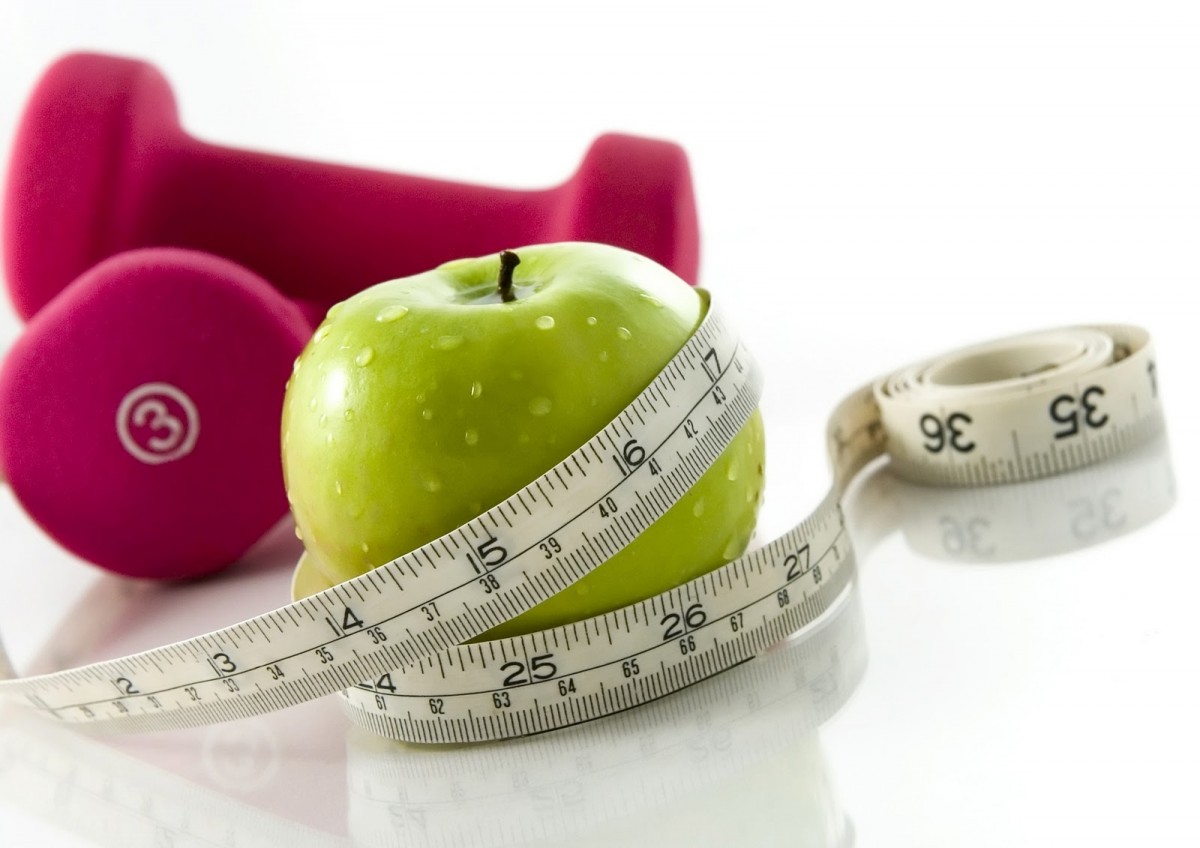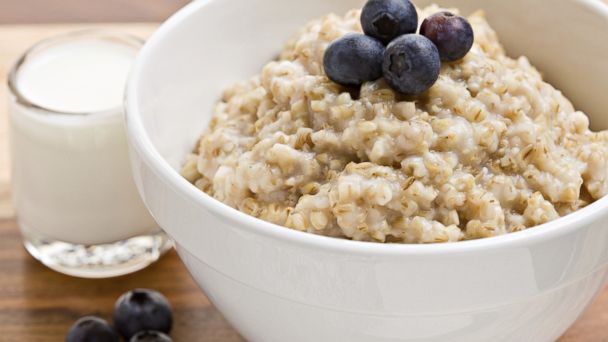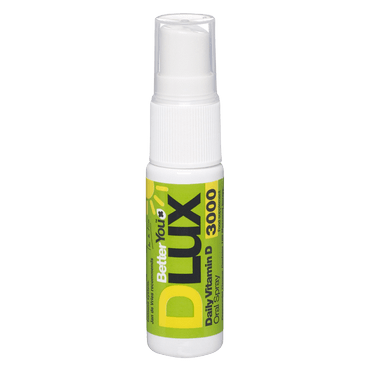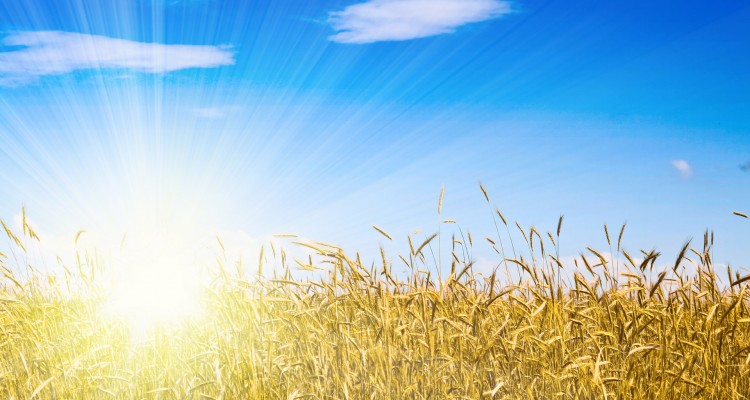Are you aware of your Vitamin D intake?
A deficiency of this essential nutrient is a big problem in colder climates. As a fat-soluble vitamin, it acts as both a vitamin and a hormone, and is important for absorbing calcium and phosphorus. Vitamin D is therefore crucial for healthy bones and teeth, plus normal growth, strong muscles and heartbeat.
It boosts your immune system and thyroid function for a healthy metabolism. This is really important if you’re trying to lose a few pounds!

There are a number of different types of vitamin D, but it’s vitamin D3 (cholecalciferol) made in the skin when you’re in sunlight, that’s the most active form and the type that you need to supplement.
Just fifteen minutes in adequate sunlight, three times a week ensures that you’ll get enough vitamin D.

But sadly in the more Northern European countries, such as Ireland, the sunlight is not adequate enough between November and March for you to make vitamin D3 naturally, so supplementing is important for your immunity and even to help prevent depression in certain cases.

Some plants foods contain vitamin D, such as oatmeal, dandelion greens, shiitake and chanterelle mushrooms, sweet potatoes and parsley, plus plant milks like coconut and almond are usually fortified with it.
But I strongly recommend taking a daily vitamin D3 supplement and avoiding too much sun exposure, due to the damage and ageing that UV light can do to your skin.
A study published in 2010 in the Journal of the American Academy of Dermatology, concludes that “oral supplementation remains the safest way to increase vitamin D status.”
I take this DLux oral vitamin D3 spray (€7.95) each day, which is an easy way to supplement – and tastes minty too! Just keep a bottle in your car or on your desk to help remind you take this important nutrient 😉


